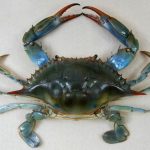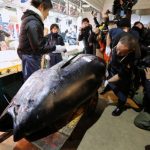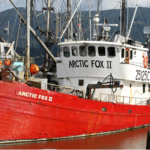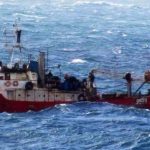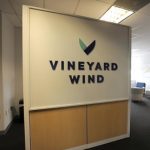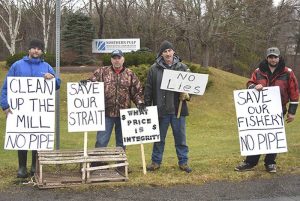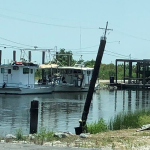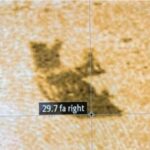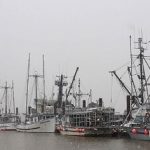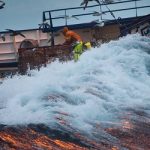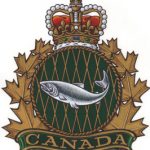FISH-NL supports calls for independent offshore environmental authority; FFAW-Unifor must come clean with oil industry funding
 FOR IMMEDIATE RELEASE Monday, Aug. 19, 2019
FOR IMMEDIATE RELEASE Monday, Aug. 19, 2019
The Federation of Independent Sea Harvesters of Newfoundland and Labrador (FISH-NL) supports calls for an independent authority to oversee the environment in the province’s offshore oil and gas industry.
“There is growing evidence that the industry regulator, the Canada-Newfoundland and Labrador Offshore Petroleum Board, is unable to protect the environment,” says Ryan Cleary, President of FISH-NL. “Between seismic blasting and offshore spills, it’s full-speed ahead for the petroleum industry — the commercial fishery and marine environment be damned.”
“The inshore fishery would be shut down long ago if it caused a fraction of the damage to the marine ecosystem.”
An estimated 2,200 litres (almost 14 barrels) of oil spilled into the Atlantic Ocean from the Hibernia platform over the weekend, just two days after production at the site resumed following an incident in mid-July in which 12,000 litres (75 barrels) spilled from the platform.
Husky Energy was only recently given the nod to resume pumping oil at its SeaRose platform, after they were shut down last November following the largest oil spill in the province’s history when 250,000 litres (1,572 barrels) spilled into the ocean.
The production platforms are located more than 300 kilometres out to sea from St. John’s, and most oil spilled into the ocean cannot be recovered.
“There’s a move to get rid of plastics, and to protect endangered right whales from ships in the Gulf of St. Lawrence, but when it comes to the oil industry’s impact on the environment it’s out of sight out of mind,” says Peter Leonard, Vice-President of FISH-NL. “Nobody has any idea how much damage is being done to the ocean and fish habitat, and that must change.”
The C-NLOPB leaves it to the operators in the province’s offshore industry to self-report spills, with the companies then liable for any cleanup/pollution. The C-NLOPB monitors and investigates if things go wrong.
Earlier this year, researchers with York and Waterloo universities said it’s critical the offshore oil industry have stricter regulation, at a time when Newfoundland and Newfoundland has plans to double oil production by 2030 in the ecologically sensitive region.
The researchers asked the federal and provincial governments to establish a new, independent environmental authority they say would avoid the economic conflicts of the C-NLOPB, a request that was turned down.
FISH-NL has also questioned for years the ability of the FFAW-Unifor to hold the offshore oil industry to account for its impact on the environment and fishery, when the industry — including the C-NLOPB — has been funding the union for years. The FFAW has refused to reveal the amount.
-30-
Contact: Ryan Cleary 682 4862

































